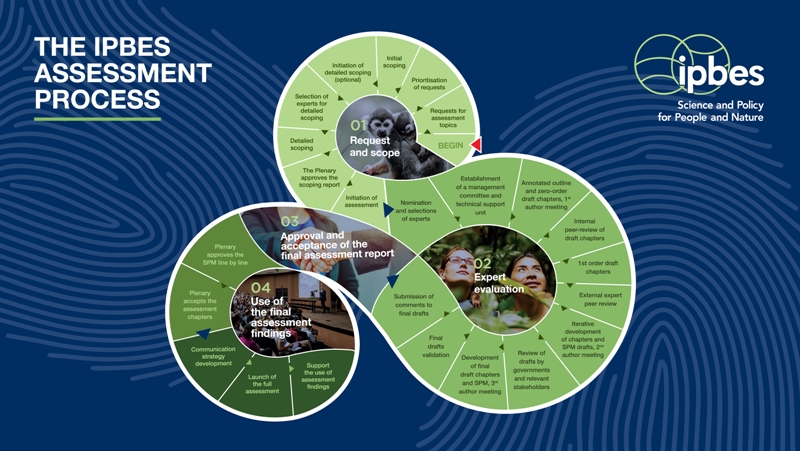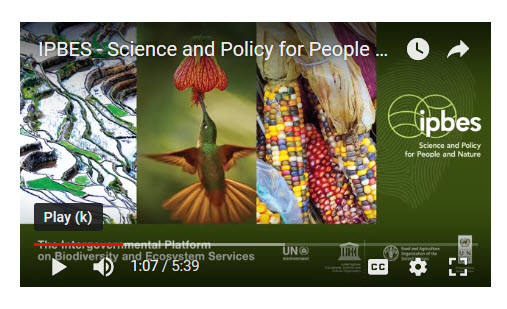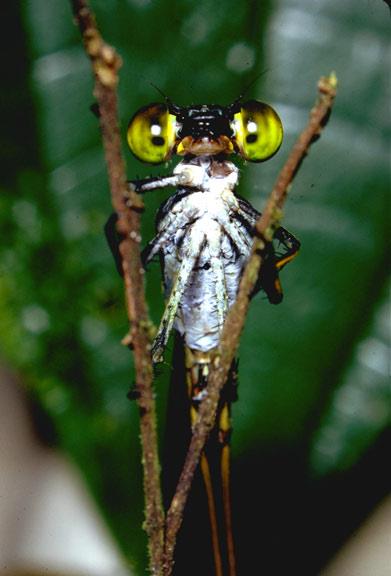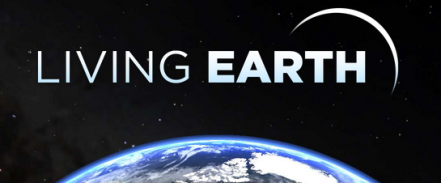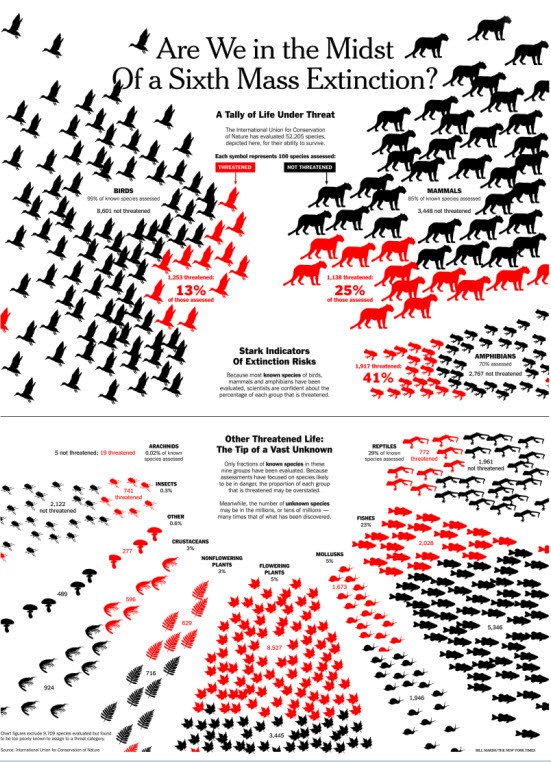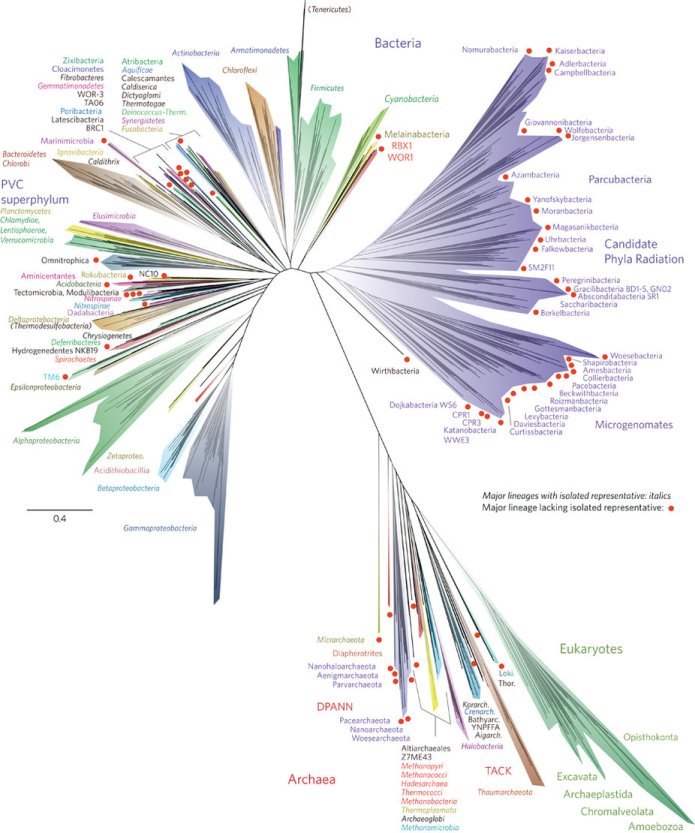IPBES, Biodiversity and Extinction: Difference between revisions
Siterunner (talk | contribs) No edit summary |
Siterunner (talk | contribs) No edit summary |
||
| (22 intermediate revisions by the same user not shown) | |||
| Line 3: | Line 3: | ||
<big><big>'''''IPBES'''''</big></big> | <big><big>'''''IPBES'''''</big></big> | ||
'''''Biodiversity Crisis''''' | | ||
<big>'''''Biodiversity Crisis'''''</big> | |||
''''' 'The planet’s support systems are so stretched that we face widespread species extinctions and mass human migration unless urgent action is taken' ''''' | |||
• ''https://www.ipbes.net/sites/default/files/downloads/ipbes_global_assessment_primer_english.pdf'' | • ''https://www.ipbes.net/sites/default/files/downloads/ipbes_global_assessment_primer_english.pdf'' | ||
• ''https://www.greenpolicy360.net/w/Extinction'' | |||
''“The loss of species, ecosystems and genetic diversity is already a global and generational threat | '''''“The loss of species, ecosystems and genetic diversity is already a global and generational threat to human well-being. Protecting the invaluable contributions of nature to people will be the defining challenge of decades to come. Policies, efforts and actions –- at every level -- will only succeed, however, when based on the best knowledge and evidence. This is what the IPBES Global Assessment provides.”''''' | ||
''“We are at a crossroads. The historic and current degradation and destruction of nature undermine human well-being for current and countless future generations... Land degradation, biodiversity loss and climate change are three different faces of the same central challenge: the increasingly dangerous impact of our choices on the health of our natural environment.”'' | '''''“We are at a crossroads. The historic and current degradation and destruction of nature undermine human well-being for current and countless future generations... Land degradation, biodiversity loss and climate change are three different faces of the same central challenge: the increasingly dangerous impact of our choices on the health of our natural environment.”''''' | ||
– ''Sir Robert Watson, IPBES Chair'' | – ''Sir Robert Watson, IPBES Chair'' | ||
[https://www.huffpost.com/entry/nature-destruction-climate-change-world-biodiversity_n_5c49e78ce4b06ba6d3bb2d44 ''Huffington Post - March 15, 2019''] / ''The study from the Intergovernmental Science-Policy Platform On Biodiversity and Ecosystem Services (IPBES), | [https://www.huffpost.com/entry/nature-destruction-climate-change-world-biodiversity_n_5c49e78ce4b06ba6d3bb2d44 ''Huffington Post - March 15, 2019''] / ''The study from the Intergovernmental Science-Policy Platform On Biodiversity and Ecosystem Services (IPBES), runs over 8,000 pages and is compiled by more than 500 experts in 50 countries. It is the greatest attempt yet to assess the state of life on Earth and will show how tens of thousands of species are at high risk of extinction, how countries are using nature at a rate that far exceeds its ability to renew itself, and how nature’s ability to contribute food and fresh water to a growing human population is being compromised in every region on earth.'' | ||
• https://www.greenpolicy360.net/w/File:IPBES-assessment_stages-a.jpg | |||
[[File:IPBES-assessment stages-a.jpg|link=https://www.greenpolicy360.net/mw/images/IPBES-assessment_stages-b.jpg]] | [[File:IPBES-assessment stages-a.jpg|link=https://www.greenpolicy360.net/mw/images/IPBES-assessment_stages-b.jpg]] | ||
| Line 58: | Line 65: | ||
[[File:IPBES Intro Video.jpg|link=https://www.youtube.com/watch?v=zeZScdbBz-M]] | [[File:IPBES Intro Video.jpg|link=https://www.youtube.com/watch?v=zeZScdbBz-M]] | ||
:Video | |||
<big>Large to Small... Top to Bottom and In Between</big> | |||
:• https://www.greenpolicy360.net/w/Missing_Bugs | |||
:• https://www.greenpolicy360.net/w/File:The_little_things_that_run_the_world.gif | |||
:: [[File:Bug eyes in the rainforest canopy Photo by Don Perry.jpg]] | |||
::<big><big>'''''[[Extinction]]'''''</big></big> | |||
:::[http://www.greenpolicy360.net/w/File:Racing_Extinction_websiteplankton_2.jpg <big>'''''Endangered Species'''''</big>] | |||
[[File:Living Earth.png]] | |||
<big><big>'''Challenge: To Preserve and Protect Life on Planet Earth'''</big></big> | |||
[[Planet Citizen Vision of Living Earth]] | |||
* https://www.greenpolicy360.net/w/Planet_Citizen_Vision_of_Living_Earth | |||
<big><big>'''The Living Planet Index (LPI)'''</big></big> | |||
Tracking the health of nature over 50 years | |||
The Living Planet Index (LPI)—which tracks populations of mammals, birds, fish, reptiles, and amphibians—reveals an average 69% decrease in monitored wildlife populations since 1970. The 2022 LPI analyzed almost 32,000 species populations. It provides the most comprehensive measure of how they are responding to pressures in their environment. | |||
<big>'''Living Planet Report 2022'''</big> | |||
Via the World Wildlife Fund (WWF) | |||
* https://livingplanet.panda.org/en-US/ | |||
'''Wildlife populations plummet by 69%''' | |||
The Living Planet Report 2022 is a comprehensive study of trends in global biodiversity and the health of the planet. This flagship WWF publication reveals an average decline of 69% in species populations since 1970. While conservation efforts are helping, urgent action is required if we are to reverse nature loss. | |||
'''Interlinked emergencies: Climate change and biodiversity loss''' | |||
The evidence is unequivocal—we are living through the dual crises of biodiversity loss and climate change driven by the unsustainable use of our planet’s resources. Scientists are clear: unless we stop treating these emergencies as two separate issues neither problem will be addressed effectively. | |||
'''Our broken relationship with nature''' | |||
Climate change and biodiversity loss are not only environmental issues, but economic, development, security, social, moral, and ethical issues too. Industrialized countries are responsible for most environmental degradation but it is developing nations that are disproportionately impacted by biodiversity loss. We all have a role to play in building a nature-positive society that safeguards the planet for the good health of everyone. | |||
🌎 | |||
[[File:Sixth Mass Extinction Infograph-NYT - 2.jpg]] | |||
'''''Destruction of Life, Large 'Charismatic' Creatures & the "Tiny Little Ones"''''' | |||
• https://www.greenpolicy360.net/w/Extinction | |||
• https://www.greenpolicy360.net/w/Endangered_species | |||
• https://www.greenpolicy360.net/w/TinyBlueGreen | |||
• https://www.greenpolicy360.net/w/Category:Soil | |||
[[File:Tree of Life nmicrobiol201648-f1 via Nature.jpg]] | |||
Latest revision as of 02:06, 15 October 2022
IPBES
Biodiversity Crisis
'The planet’s support systems are so stretched that we face widespread species extinctions and mass human migration unless urgent action is taken'
• https://www.ipbes.net/sites/default/files/downloads/ipbes_global_assessment_primer_english.pdf
• https://www.greenpolicy360.net/w/Extinction
“The loss of species, ecosystems and genetic diversity is already a global and generational threat to human well-being. Protecting the invaluable contributions of nature to people will be the defining challenge of decades to come. Policies, efforts and actions –- at every level -- will only succeed, however, when based on the best knowledge and evidence. This is what the IPBES Global Assessment provides.”
“We are at a crossroads. The historic and current degradation and destruction of nature undermine human well-being for current and countless future generations... Land degradation, biodiversity loss and climate change are three different faces of the same central challenge: the increasingly dangerous impact of our choices on the health of our natural environment.”
– Sir Robert Watson, IPBES Chair
Huffington Post - March 15, 2019 / The study from the Intergovernmental Science-Policy Platform On Biodiversity and Ecosystem Services (IPBES), runs over 8,000 pages and is compiled by more than 500 experts in 50 countries. It is the greatest attempt yet to assess the state of life on Earth and will show how tens of thousands of species are at high risk of extinction, how countries are using nature at a rate that far exceeds its ability to renew itself, and how nature’s ability to contribute food and fresh water to a growing human population is being compromised in every region on earth.
• https://www.greenpolicy360.net/w/File:IPBES-assessment_stages-a.jpg
Intergovernmental Science-Policy Platform On Biodiversity and Ecosystem Services
• https://www.ipbes.net/news/ipbes-global-assessment-preview
A definitive new global synthesis of the state of nature, ecosystems and nature's contributions to people — the first such report since the landmark Millennium Ecosystem Assessment published in 2005, and the first ever that is inter-governmental — will be presented to representatives of 132 Governments for consideration of approval in May 2019.
Prepared by 150 leading international experts from 50 countries, balancing representation from the natural and social sciences, with additional contributions from a further 250 experts, working with the Intergovernmental Science-Policy Platform on Biodiversity and Ecosystem Services (IPBES), the Global Assessment of Biodiversity and Ecosystem Services will inform better policies and actions in the coming decade.
The report will be discussed, finalized and considered for approval at the seventh session of the IPBES Plenary (#IPBES7), 29 April – 4 May 2019.
Three years in development, at a total cost of more than US $2.4 million, the IPBES Global Assessment draws on nearly 15,000 references, including scientific papers and government information. It is also the first global assessment ever to systematically examine and include indigenous and local knowledge, issues and priorities.
About IPBES
With 132 member Governments, the Intergovernmental Science-Policy Platform on Biodiversity and Ecosystem Services (IPBES) is the global body that assesses the state of biodiversity and nature's contributions to people, in response to requests from decision-makers, and outlines options for the future based on different socio-economic choices.
The mission of IPBES is to strengthen policy and decisions through science, for the conservation and sustainable use of biodiversity, long-term human well-being and sustainable development.
- Video
Large to Small... Top to Bottom and In Between
Challenge: To Preserve and Protect Life on Planet Earth
Planet Citizen Vision of Living Earth
The Living Planet Index (LPI)
Tracking the health of nature over 50 years
The Living Planet Index (LPI)—which tracks populations of mammals, birds, fish, reptiles, and amphibians—reveals an average 69% decrease in monitored wildlife populations since 1970. The 2022 LPI analyzed almost 32,000 species populations. It provides the most comprehensive measure of how they are responding to pressures in their environment.
Living Planet Report 2022
Via the World Wildlife Fund (WWF)
Wildlife populations plummet by 69%
The Living Planet Report 2022 is a comprehensive study of trends in global biodiversity and the health of the planet. This flagship WWF publication reveals an average decline of 69% in species populations since 1970. While conservation efforts are helping, urgent action is required if we are to reverse nature loss.
Interlinked emergencies: Climate change and biodiversity loss
The evidence is unequivocal—we are living through the dual crises of biodiversity loss and climate change driven by the unsustainable use of our planet’s resources. Scientists are clear: unless we stop treating these emergencies as two separate issues neither problem will be addressed effectively.
Our broken relationship with nature
Climate change and biodiversity loss are not only environmental issues, but economic, development, security, social, moral, and ethical issues too. Industrialized countries are responsible for most environmental degradation but it is developing nations that are disproportionately impacted by biodiversity loss. We all have a role to play in building a nature-positive society that safeguards the planet for the good health of everyone.
🌎
Destruction of Life, Large 'Charismatic' Creatures & the "Tiny Little Ones"
• https://www.greenpolicy360.net/w/Extinction
• https://www.greenpolicy360.net/w/Endangered_species
• https://www.greenpolicy360.net/w/TinyBlueGreen
• https://www.greenpolicy360.net/w/Category:Soil
·
- Agriculture
- Anthropocene
- Biodiversity
- Biogeosciences
- Biosphere
- Business Regulations
- Climate Change
- Earth Observations
- Earth Science
- Eco-nomics
- Ecology Studies
- Economic Development
- Ecoregions
- Environmental Security
- Extinction
- Forest
- Green Politics
- Microbiology
- Microorganism
- NASA
- Natural Rights
- Nuclear Proliferation
- Nuclear Weapons
- Oceans
- Ocean Science
- Planet Citizens
- Planet Citizens, Planet Scientists
- Seventh Generation Sustainability
- Soil
- Strategic Demands
- Sustainability
- Water
- Whole Earth
- Wildlife
- Zoology
